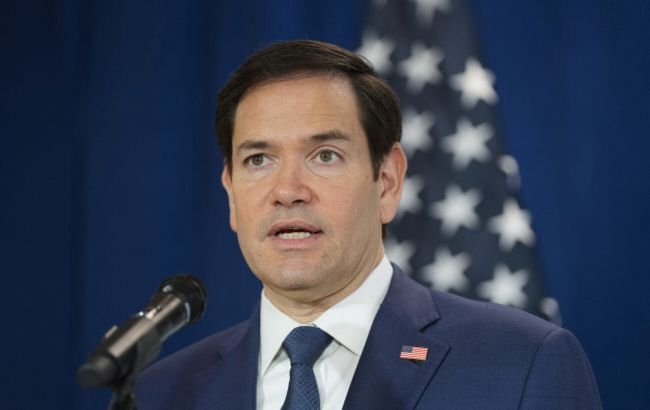US officially halts USAID project implementation
 Photo: US Secretary of State Marco Rubio (Getty Images)
Photo: US Secretary of State Marco Rubio (Getty Images)
The United States is ending the operation of programs under USAID. Moving forward, all foreign assistance programs will be managed directly by the State Department.
This was stated by US Secretary of State Marco Rubio, according to his post on the Substack platform.
Rubio explained that during a sweeping review of thousands of programs and over $715 billion in spending (adjusted for inflation), the Trump administration determined that the US Agency for International Development (USAID) no longer meets the core standard of advancing American national interests globally.
He described USAID’s post-Cold War impact as "little to show," stating that in many cases, development goals were unmet, security conditions worsened, and anti-American sentiment increased.
As an example, Rubio pointed to more than $89 billion spent in the Middle East and North Africa, which failed to boost support for the US.
He also cited the $9.3 billion spent since 1991 in Gaza and the West Bank, part of which, he said, was funneled to organizations linked to Hamas affiliates, "has produced grievances rather than gratitude towards the United States."
Focus on strategy and American visibility
Based on the review’s findings, all USAID-managed foreign assistance programs are to cease as of July 1.
"Foreign assistance programs that align with administration policies and which advance American interests will be administered by the State Department, where they will be delivered with more accountability, strategy, and efficiency," Rubio stated.
He added that US humanitarian aid will now display a single, clear emblem, the American flag, instead of numerous logos of NGOs. Aid recipients, he argued, should know that it is "not a handout from an unknown NGO, but an investment from the American people."
Rubio said greater responsibility would be handed to regional bureaus and on-the-ground diplomats, allowing foreign aid programs to adapt more rapidly to partners’ needs and US strategic goals.
He also stressed that the new model will be more effective in countering China’s exploitative approach to international aid, while advancing American influence in key regions.
"We will do so by prioritizing trade over aid, opportunity over dependency, and investment over assistance. For Americans and many around the world, July 1st will mark the beginning of a new era of global partnership, peace, investment, and prosperity," Rubio concluded.
USAID dismantling and humanitarian impact
Shortly after taking office in January, President Donald Trump ordered a 90-day freeze on all US foreign aid.
This led to the suspension of more than 80% of USAID’s grant programs. The agency was dismantled, and most of its staff were either laid off or placed on leave.
Experts warn that the rollback of USAID-funded programs could result in more than 14 million deaths in low-income countries in the coming years.

